Peer Assists for Family Planning Advocacy
Solutions from Nepal and Indonesia
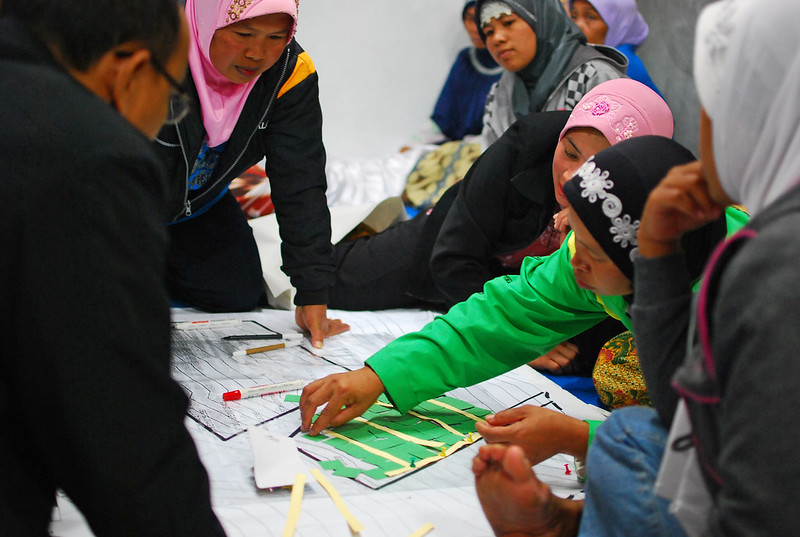
A peer assist is a knowledge management (KM) approach that focuses on “learning before doing.” When a team is experiencing a challenge or is new to a process, it seeks advice from another group with relevant experience. The Knowledge SUCCESS project recently used this approach to facilitate sharing of experiential knowledge between Nepal and Indonesia. Amid declining population growth in Nepal, the project used a peer assist to advocate for continuation of leadership, commitment, and funding allocation for family planning (FP).
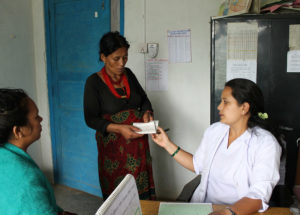
Credit: Aisha Faquir/World Bank.
Nepal’s Family Planning Sub-Committee is a critical driving force behind policymaking, coordination, and collaboration among all FP stakeholders in the country. Although the country’s population growth rate has declined to below 1%, it still needs to advocate for continued commitment and funding for FP. Women and families must have access to a range of contraceptive methods and have the ability to make informed choices about their fertility. Thanks to local elections and the beginning of budget planning, Nepal could see a change in leadership for the next fiscal year. The Nepal team wanted to learn about advocacy processes and strategies from a country that had undergone similar experiences, including:
- Fertility decline.
- Federal governance system with strong local leadership.
- Success with national and local advocacy for FP/RH.
Indonesia fits these criteria.
Partnering for Information Exchange
To share its insights with Nepal, Knowledge SUCCESS collaborated with Yayasan Jalin Komunikasi Indonesia (Jalin Foundation) for a facilitated, virtual peer assist. Jalin Foundation is an Indonesian organization with vast in-depth experience in FP and reproductive health advocacy. It has also worked as a local partner to Johns Hopkins
University Center for Communication Programs (CCP) on several efforts, such as:
Preparatory information exchanges took place prior to the scheduled peer assist session. The Nepal team shared the current context and its main challenges in a concept note. This gave the Indonesia team a better understanding of the support being sought. This important step helped streamline the main questions for the peer assist session and helped the Indonesia team be better prepared in advance.
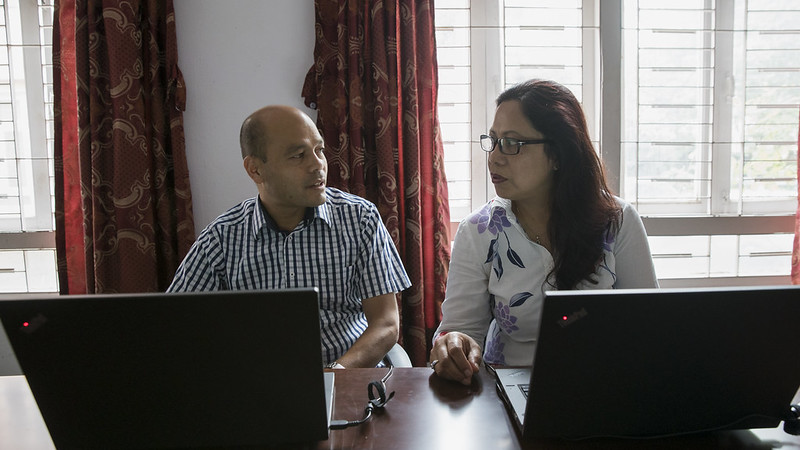
Recommendations from the Indonesia Team
During the peer assist, the Nepal team presented their challenge—the urgent need to advocate for continued commitment and funding for FP. Declining population growth has led to leadership questioning the need for a continued focus on FP. Women and families need access to a range of contraceptive methods and must be able to make informed choices about their fertility. The Indonesia team asked clarifying questions for a thorough understanding of the context. Based on the conversation, the Indonesia team shared the following recommendations based on their experiences:
- Agree on a common vision and strategy built with and understood by the main implementing partner’s top and middle management.
- Frame FP as a cross-sectoral issue related to maternal and child health and social and economic development.
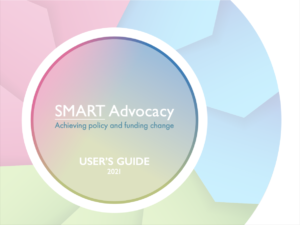
The SMART Advocacy User Guide.
- Frame FP as a cross-sectoral issue related to maternal and child health and social and economic development.
- Create an advocacy task force within the main implementing partner’s organization. This will help form and build the skills of the advocacy task force at all levels (from national to local) using SMART Advocacy.
- Establish working groups with a clear structure—at the provincial and local level—to lead the advocacy efforts.
- Routinely conduct learning exchanges among local governments at the provincial and district levels, such as facilitating sharing of best practices and lessons learned on advocating for FP funding.
- Use locally contextualized and evidence-based support and policy briefs that contain a clear advocacy message to make it more compelling.
The Indonesia team also identified key success factors for FP/RH advocacy:
- Main partner’s full commitment and agreed common vision.
- Advocacy task forces drive the issues, strategies, and activities.
- Regular coaching and mentoring.
- Monitoring and evaluation systems developed and used.
- Sustainability plan discussed with main partners as early as possible.
Upon reflection, the Nepal team found the suggested options very helpful; however, it was concerned that some of Indonesia’s comprehensive and systematic experience might be difficult to implement in Nepal’s situation. Unlike Indonesia’s advocacy initiative, development partners or funding agencies in Nepal are implementing in limited districts and on select FP/RH issues.
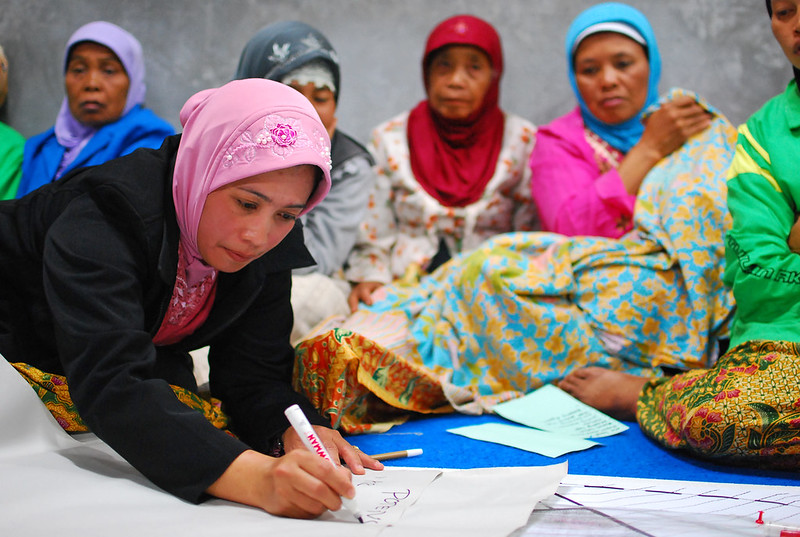
A New Vision for FP/RH Advocacy
Nevertheless, Nepal’s Family Planning Sub-Committee has begun conversations with top management of the country’s Ministry of Health and Population (MOHP) in developing a vision for FP/RH advocacy. It also intends to engage development agencies and other NGOs to:
- Fund advocacy initiatives
- Invite stakeholders from Indonesia to continue to share their FP/RH advocacy with the Nepal government counterparts.
- Continue the network and connection built with the Indonesia team.
Through the peer assist, Nepal and Indonesia were able to exchange knowledge and experiences, reflect on key learnings, brainstorm possible solutions for a specific challenge, and build a connection within a short amount of time.
To learn more about peer assists or implement one yourself, email Asia Region Knowledge Management Officer Grace Gayoso Pasion and sign up for Knowledge SUCCESS updates for the latest trending FP news.




